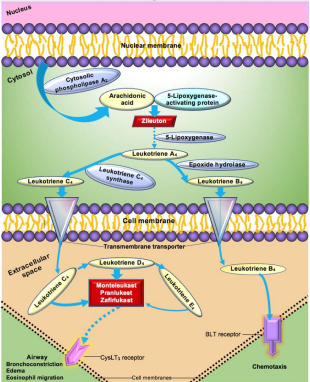ピットの研究が、生きた脳の神経回路網を研究する新しい方法を提案 Pitt Research Proposes New Method to Study Neural Networks in Living Brains
2022-05-24 ピッツバーグ大学
機能的磁気共鳴画像法(fMRI)は、医師や研究者が脳のネットワークを観察するための主要なツールである。この方法は非侵襲的であり、30分ほどで終了します。この方法で脳のネットワークを観察することは、種を超えた脳の進化の理解といった基礎研究から、認知症や自閉症のような脳の病態の解明まで、さまざまな分野で役立っています。ISOIはfMRIと多くの共通点がありますが、細部はより豊かで、脳ネットワークのサイズが比較的小さいことを考えると、これはかなり重要です。
<関連情報>
- https://news.engineering.pitt.edu/capturing-cortical-connectivity-close-up/
- https://www.sciencedirect.com/science/article/pii/S0301008222000491
安静時の皮質結合は柱状分解能で埋め込まれている Cortical connectivity is embedded in resting state at columnar resolution
Nicholas S.Card,Omar A.Gharbawie Published:12 March 2022
DOI:https://doi.org/10.1016/j.pneurobio.2022.102263
Abstract
Resting state (RS) fMRI is now widely used for gaining insight into the organization of brain networks. Functional connectivity (FC) inferred from RS-fMRI is typically at macroscale, which is too coarse for much of the detail in cortical architecture. Here, we examined whether imaging RS at higher contrast and resolution could reveal cortical connectivity with columnar granularity. In longitudinal experiments (~1.5 years) in squirrel monkeys, we partitioned sensorimotor cortex using dense microelectrode mapping and then recorded RS with intrinsic signal optical imaging (RS-ISOI, 20 µm/pixel). FC maps were benchmarked against microstimulation-evoked activation and traced anatomical connections. These direct comparisons showed high correspondence in connectivity patterns across methods. The fidelity of FC maps to cortical connections indicates that granular details of network organization are embedded in RS. Thus, for recording RS, the field-of-view and effective resolution achieved with ISOI fills a wide gap between fMRI and invasive approaches (2-photon imaging, electrophysiology). RS-ISOI opens exciting opportunities for high resolution mapping of cortical networks in living animals.


